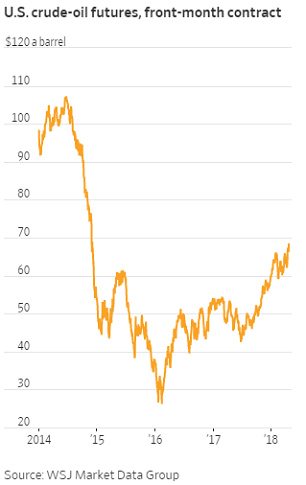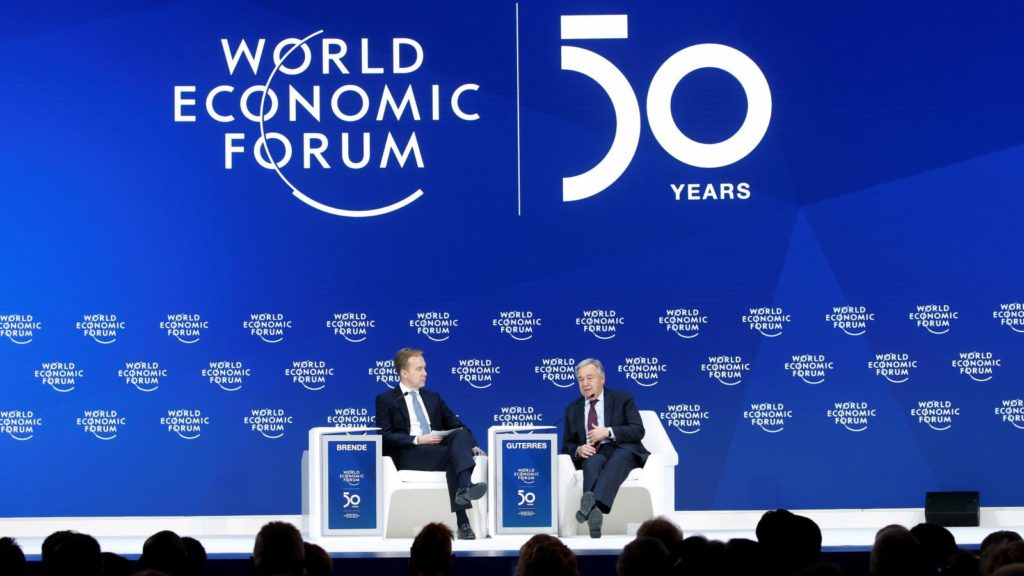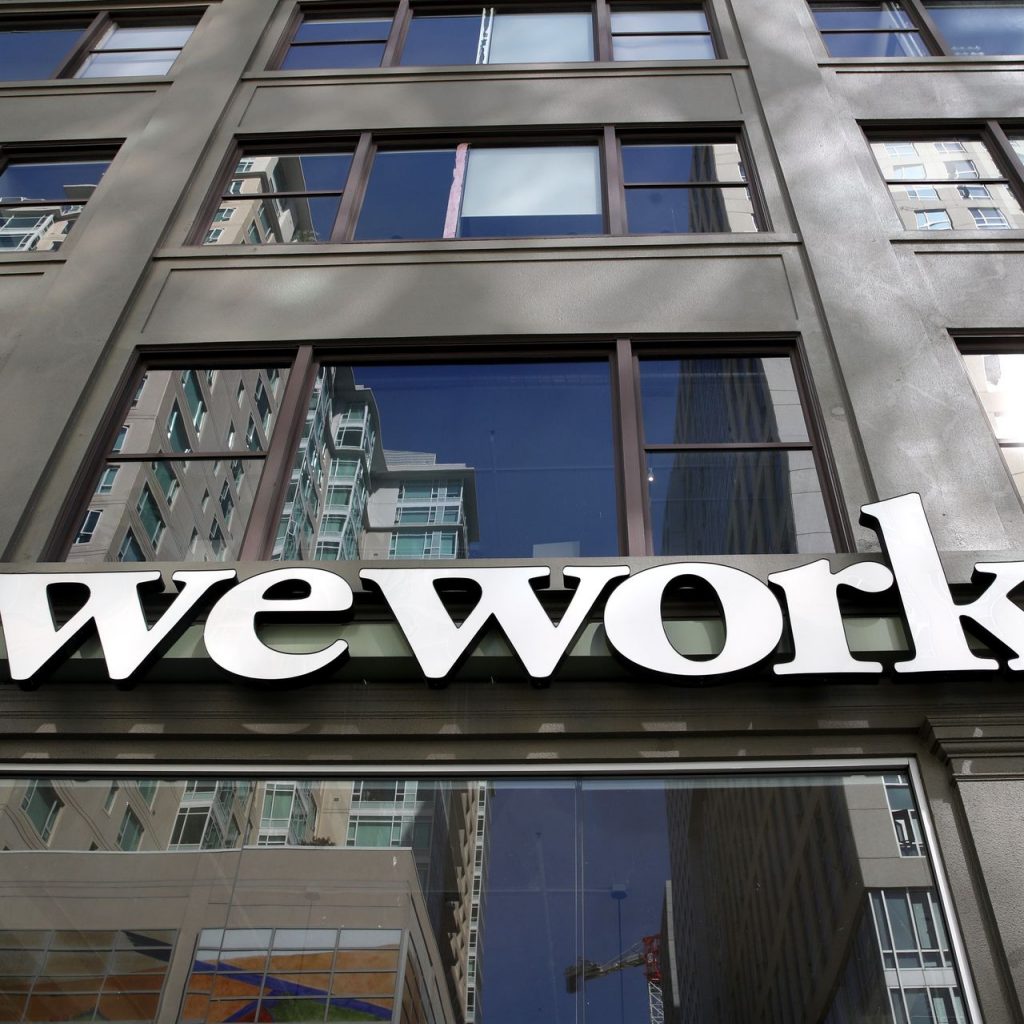Currently the price of crude oil is hovering at around $70 per barrel – up from about $25 a barrel in February 2016.
Even if you own shares in an oil company such as ExxonMobil, BP, or Chevron Corporation, rising oil prices are problematic for the U.S. economy.
High oil prices affect all of us, whether you drive a car, use public transit, invest in manufacturing businesses, or even the stock market in general.
Rising crude prices quickly put a ceiling on economic growth, something that the U.S. economy can not afford to have happen. Higher crude prices translate into high gasoline and energy prices and boost inflation.
 In turn, the Federal Reserve will raise interest rates more aggressively than it has been, which causes bond yields to rise (and bond prices to go down), and the cost of financing to increase.
In turn, the Federal Reserve will raise interest rates more aggressively than it has been, which causes bond yields to rise (and bond prices to go down), and the cost of financing to increase.
We’re beginning to see this happen already: Last week the yield on the 10-year Treasury Note was over 3%, up from 2.1% in September 2017. That’s more than a 40% increase in just seven months.
President Trump recently tweeted that oil prices are “artificially Very High!”.
Perhaps. But there are several factors occurring in today’s market that are not artificial, and that will likely keep the price of oil – and interest rates – rising:
- Booming global economy and increasing worldwide oil demand
- Sanctions on Russia
- Nullification of the Iran deal
- Import tariffs on China
According to Joseph LaVorgna, Chief Economist for the Americas at the French investment bank Natixis, “Nothing can suck cash flow out of the economy faster that rising oil prices.”
It’s hard to argue with that point of view.




